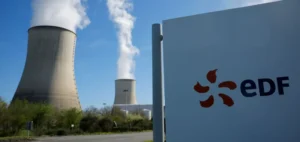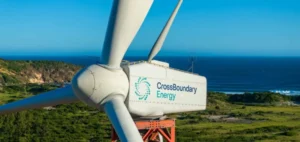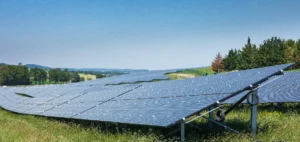Constellation Energy, a leading operator of nuclear power plants in the United States, has announced the acquisition of Calpine, a major producer of energy from natural gas and geothermal sources, for a total value of $26.6 billion, including debt.
This transaction, which combines $4.5 billion in cash and the issuance of 50 million Constellation shares, along with the assumption of $12.7 billion of Calpine’s debt, is expected to close within twelve months, pending regulatory approvals.
A Strategic Merger for the U.S. Energy Market
The union of Constellation Energy and Calpine will create the largest provider of clean and reliable energy in the United States, with a combined capacity of nearly 60 gigawatts from low or zero-emission sources, including nuclear, natural gas, geothermal, hydropower, wind, solar, and battery storage.
This operation will enable Constellation to expand its geographical footprint, particularly in Texas and California, key markets characterized by strong energy demand growth.
Addressing Growing Energy Demand
The rapid rise of artificial intelligence and the increase in data center requirements have led to heightened electricity demand. According to the International Energy Agency, data centers currently account for about 1% of global electricity consumption, with significant local peaks, such as in Virginia, where they made up more than 25% of demand in 2023.
This strategic acquisition aims to position Constellation Energy to effectively meet these growing energy needs by combining Constellation’s nuclear expertise with Calpine’s natural gas and geothermal production capabilities.
Financial and Industrial Perspectives
Analysts believe that this merger could spur further consolidation in the energy sector as companies adapt to rapid market changes and energy transition requirements. The transaction is also expected to generate significant returns for Calpine’s private investors, who acquired the company for $17 billion, including debt, in 2017.
By combining diversified energy assets and strengthening its presence in strategic markets, Constellation Energy positions itself as a leading player in the evolving U.S. energy landscape.






















